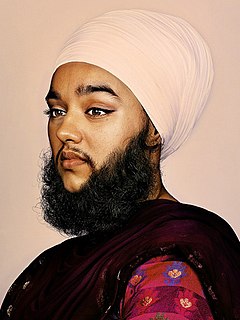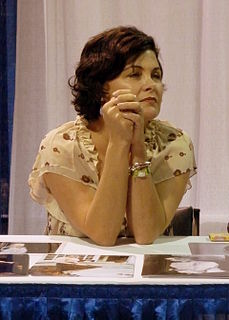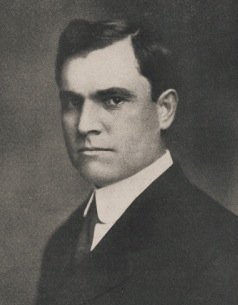A Quote by Edward Zwick
I think there is a very powerful wish that we all have of being self-contained and having sort of opted out or choosing to remove ourselves from society and to have no ties and no obligations, and even no possessions. To be free in a particular way.
Related Quotes
We often think that "bad" relationships are motivating by self-loathing or a wish for self-destruction, but I think that loving people who hurt us is more tied to a profound and earnest wish to soothe ourselves and recover from older hurts. And I've also found that having empathy for that urge is the best way to move through it, and beyond it.
There is a terrific disadvantage in not having the abrasive quality of the press applied to you daily. Even though we never like it, and even though we wish they didn't write it, and even though we disapprove, there isn't any doubt that we could not do the job at all in a free society without a very, very active press.
One of the advantages of being born in an affluent society is that if one has any intelligence at all, one will realize that having more and more won't solve the problem, and happiness does not lie in possessions, or even relationships: The answer lies within ourselves. If we can't find peace and happiness there, it's not going to come from the outside.
I think there's a part of society that is very for women being confident and being empowered, but I think there's another part of society that feels very threatened by women being powerful. Because of the feminist movement, a lot of women are feeling way more empowered to be themselves and do what they want to do in life.
Boxing Helena was something that I think was pretty cool, but people judged it without even having seen it. It's not perfect, but I think for the story that we were trying to tell, it turned out pretty good. What it signified was really powerful to me: how society puts us in boxes one way or another.
I was the first American citizen to be elected to Congress in spite of the double drawbacks of being female and having skin darkened by melanin. When you put it that way, it sounds like a foolish reason for fame. In a just and free society it would be foolish. That I am a national figure because I was the first person in 192 years to be at once a congressman, black and a woman proves, I think, that our society is not yet either just or free.
The selection process has been powerful enough to produce one indisputable outcome: the family is a universal human institution. . . . In virtually every society into which historians or anthropologists have inquired, one finds people living together on the basis of kinship ties and having responsibility for raising children. . . . Even in societies where men and women have relatively unrestricted sexual access to one another beginning at an early age, marriage is still the basis for family formation. It is desired by the partners and expected by society.
We have the need to be accepted and to be loved by others, but we cannot accept and love ourselves. The more self-love we have, the less we will experience self-abuse. Self-abuse comes from self-rejection, and self-rejection comes from having an image of what it means to be perfect and never measuring up to that ideal. Our image of perfection is the reason we reject ourselves the way we are, and why we don't accept others the way they are.






































